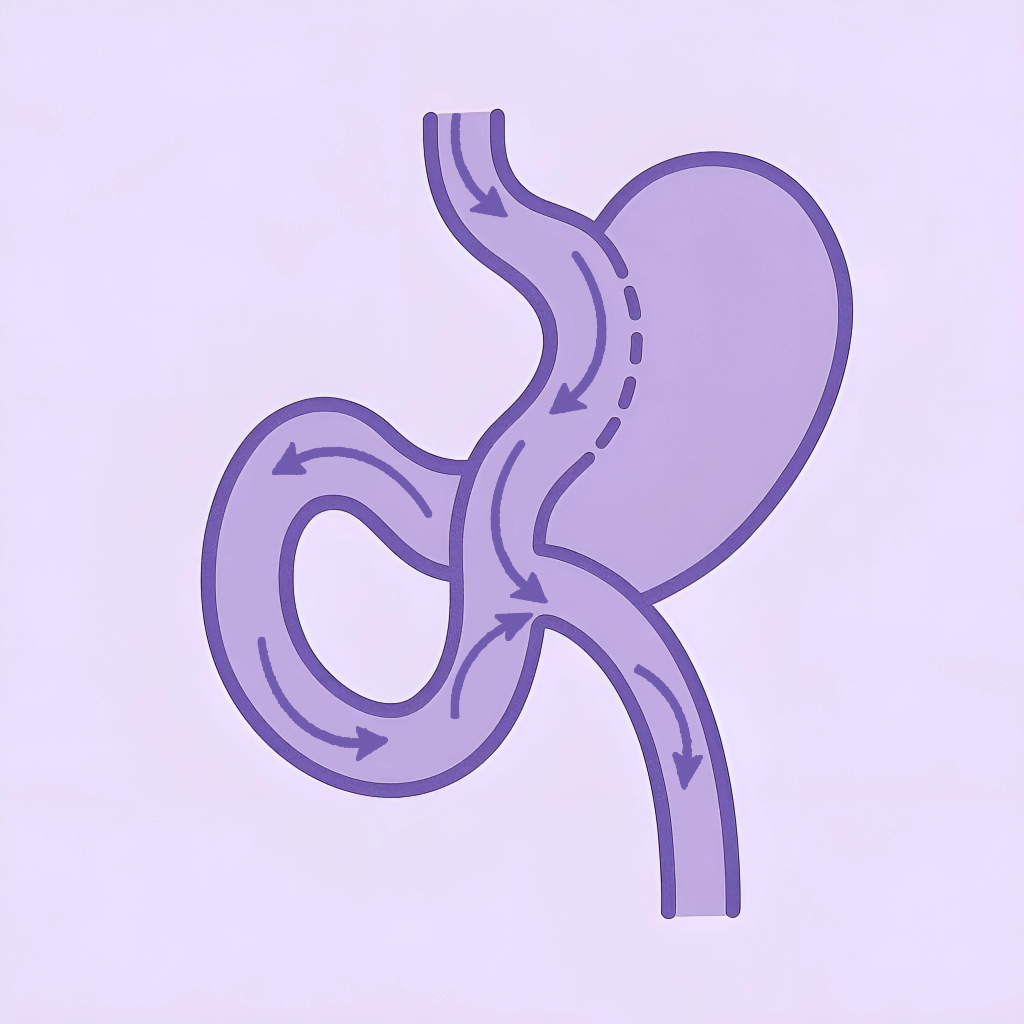Anal Fissure







Anal fissure surgery is a procedure to treat chronic tears in the anal canal to relieve pain.
Overview
An anal fissure is a tear in the lining of the anus, the last part of the digestive tract. This tear occurs when the anal tissue stretches excessively, often due to hard stools, constipation, or straining during bowel movements. It can cause pain, bleeding, and discomfort, especially during and after bowel movements.
Anal fissures are different from hemorrhoids, though they share similar symptoms. Hemorrhoids are inflamed blood vessels, while anal fissures are painful cuts in the tissue. In most cases, acute fissures heal within six weeks with conservative treatments like dietary changes, sitz baths, stool softeners, and topical medications. However, chronic fissures lasting longer than six weeks may require additional treatment, including Botox injections or surgery.
When is Surgery Recommended?
Anal fissure surgery is recommended for individuals who experience persistent pain, bleeding, or discomfort that does not improve with medications, dietary changes, or topical treatments. If the fissure leads to recurring muscle spasms or severe pain during bowel movements, surgical intervention may be necessary for relief.
In cases where fissures cause persistent infections, anal stenosis, or significantly impact quality of life, surgery becomes the most effective long-term solution. Chronic anal fissures often fail to heal on their own due to reduced blood flow to the affected area. In such cases, surgery helps relax the anal sphincter, allowing better blood circulation and promoting healing.
Procedure Details
Anal fissure surgery is performed using a minimally invasive technique to relieve pressure on the anal sphincter and allow the fissure to heal.
Anesthesia is administered for patient comfort.
A small incision is made in the anal sphincter (lateral internal sphincterotomy).
The sphincter muscle is partially divided to reduce tension and promote healing.
The fissure is left to heal naturally without additional sutures.
The procedure is completed, and post-operative care instructions are provided.
Recovery
Healing after anal fissure surgery is typically fast, with most patients experiencing relief within a few days. Mild pain and minor bleeding may occur but gradually improve with proper care and medication. Proper hygiene and stool softeners can help ease the recovery process.
We provide personalized aftercare guidelines, including dietary recommendations, sitz baths, and hygiene practices to support healing. Regular follow-up appointments ensure proper recovery and prevent complications. Patients are encouraged to stay hydrated and maintain a fiber-rich diet to avoid straining and reduce the risk of recurrence.
Have questions about your treatment?
Our team is available 24/7 with multilingual support.

Frequently Asked Questions
Find answers to common inquiries.
Need personalized support?
WhatsApp us for a quick response—we reply within minutes.
What types of surgeries does Dr. Gül specialize in?
Why choose Türkiye for surgical procedures?
What is the recovery time for most surgeries?
What bariatric procedures are offered at the clinic?
How much weight can I expect to lose after bariatric surgery?
What languages does Dr. Gül and his team speak?
Will I need to take supplements after bariatric surgery?
Does insurance cover these procedures?
Can I combine treatment with travel in Turkey?
What support is available after surgery?
Our Expertise

Sleeve Gastrectomy
Minimally invasive surgery for long-term weight loss with a simple procedure and no rerouting.

Mini Gastric Bypass
Simpler, less invasive gastric bypass for significant weight loss and diabetes control.

Gastric Balloon
A non-surgical, temporary option for moderate weight loss without permanent stomach changes.
Follow Dr. Gül on Instagram





